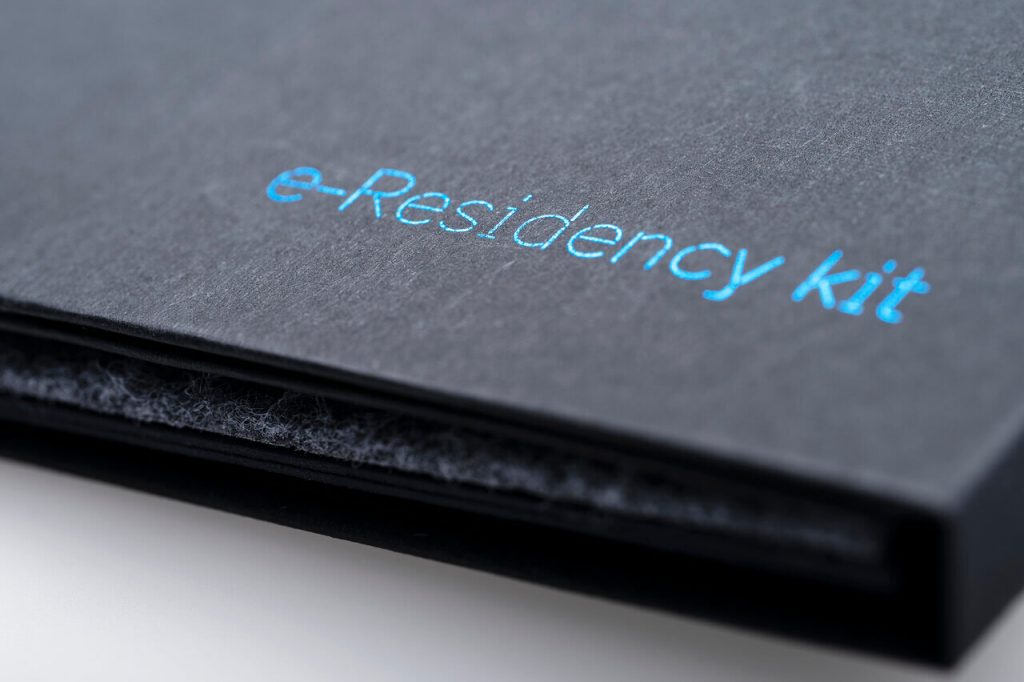do e-residents feel a sense of belonging to estonia?

Why was the study made?
How was the study done?
What did the study find?
Responses from the interviewees revealed two broad and contrasting views of their relationship with the Estonian state:
E-Residency as a service gateway
E-Residency as digital citizenship
Conclusion
More from e-Residency
- Sign up for our newsletter
- Watch fresh video content - subscribe to our Youtube channel
- Meet our team and e-residents - register for our next Live Q&A
